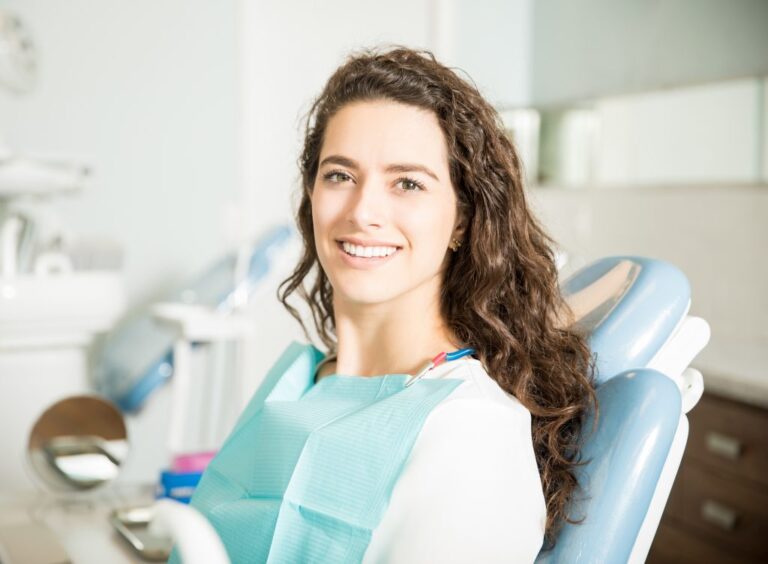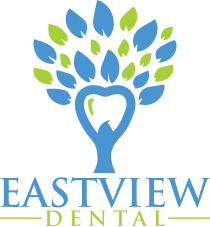
Experience Dentistry Free From Stress And Anxiety
Anesthetic and sedation options are available to prevent you from feeling pain and discomfort during your dental procedure. There are several methods available and several may be combined to give you complete coverage. The type of sedation or anesthesia used will depend on your personalized treatment plan, your personal needs and the expert opinion of your dentist or specialist.
Types of Sedation
The different kinds of sedation available can be summed up into three major groups. We can temporarily numb the small area receiving the work, You can be sedated so you are still awake but completely relaxed, or you can sleep through your procedure with general anesthesia. Here’s some more information about each group:
Local Freezing
Everyone is familiar with this reliable standard. We patiently numb the area and then carefully inject a local anesthetic to put a small area of your mouth to sleep. You may feel pressure but will not feel pain.
Sedation
Using prescription medication or laughing gas with light to moderate sedation you will be completely conscious but totally relaxed. This method of sedation is often used along with local freezing..
The benefits of dental sedation
Sedation and sleep dentistry are useful options that help us serve patients from all walks of life with many different challenges to overcome. Some of the benefits of sedation dentistry are as follows:
Overcoming Dental Anxiety
Sometimes the fear and worry can feel worse than the treatment itself. Dental anxiety shouldn’t stand between you and the dental treatment you need. If you have mild or extreme dental anxiety or fear is keeping you from seeking dental treatment, please speak up! We can help.
Make Time Fly By
For long procedures that leave you sitting in the chair with your mouth wide open for a long time, sedation will keep you relaxed and comfortable. Your procedure will be over before you know it. If you require IV sedation, it will feel like an instant has passed.
Tailored for Your Personal Needs
Do you have a sensitive gag reflex? Chronic restlessness or restless leg syndrome? Does local freezing just not work for you? Sedation is really helpful in many different cases, ensuring that treatment is available to everyone.
Contact us today
to schedule an initial consultation & exam.
Your consultation will include an examination of everything from your teeth, gums and soft tissues to the shape and condition of your bite. Generally, we want to see how your whole mouth looks and functions. Before we plan your treatment we want to know everything about the health and aesthetic of your smile, and, most importantly, what you want to achieve so we can help you get there.
Frequently Asked Questions
Rest assured that we talk to each and every one of our patients to understand their medical history to decide if sedation dentistry is the right option for you.
When sedation is involved we always stress the importance of having a friend or family member drive you home and keep you company. It’s important to let the sedation wear off completely and give your body a rest before returning to your regular routine.
If you’ve been sedated for your dental procedure we would advise you to take the day off to recover. A good rule of thumb is to set aside 24-hours before returning to your regular routine. The time it takes for any drowsiness to pass will depend on what kind of sedation you receive but may be somewhere between 2 to 8 hours.






